Chinese cities including Shanghai, Beijing and Guangzhou in South China's Guangdong Province are making active efforts to promote the debut economy, optimize the visa waiver policy and improve the consumption environment to accelerate the construction of international consumption centers.
The 2025 "Shanghai Summer" International Consumption Season will kick off from the first weekend of July and last until October. According to Shanghai Fabu, the official WeChat account of the municipal government's information office on Sunday, the megacity will deliver unforgettable experiences including thrilling performances and high-energy sports events, city walks and shopping extravaganzas.
Shanghai's border inspection authorities have inspected more than 2.5 million inbound foreign passengers this year, a year-on-year increase of more than 44 percent. The upgraded departure tax refund measures are popular among foreign tourists, enabling consumers to experience an instant tax refund service in Shanghai, according to a CCTV report on Saturday.
The city of Beijing continues to roll out rich cultural and tourism products, innovate various consumption scenarios, optimize the layout of city-wide consumption landmarks and improve facilitation measures for foreign tourists. From January to April this year, the capital city received 1.46 million inbound tourists, a year-on-year increase of 57.1 percent. Guangzhou has adopted multiple measures to optimize departure tax refund services. Currently, the total number of departure tax refund stores has exceeded 500, achieving full coverage across 11 urban districts, according to data released by local governments.
"Chinese cities' efforts to accelerate the construction of international consumption centers have effectively increased new market supply and strongly stimulated consumption vitality," Li Changan, a professor at the Academy of China Open Economy Studies at the University of International Business and Economics, told the Global Times on Sunday.
International consumption centers are one of the key functions of modern international metropolises, playing powerful roles in driving consumption, leading consumption trends and spurring consumption growth. In recent years, China's consumer market has been growing rapidly and sustainably, with its structure continuously upgrading. Some cities now boast large consumption scales, rapid development momentum and strong potential, with their degree of internationalization significantly enhanced, laying the foundation and conditions for cultivating international consumption centers, according to Li.
In March, China's State Council released a document formulated by the Ministry of Commerce to accelerate the transformation of certain cities into international consumption centers. The document states that China will expedite the transformation of Shanghai, Beijing, Guangzhou, North China's Tianjin and Southwest China's Chongqing into such centers. It also aims to create a globally attractive consumption environment, expand domestic demand and promote high-standard opening-up.
According to data released by the National Bureau of Statistics on June 16, China's retail sales in May grew by 6.4 percent year-on-year to 4.13 trillion yuan ($575.08 billion), which was reportedly the fastest pace since the beginning of 2024, exceeding major forecasts.
China has the advantage of a super-large market, which is the important basis for building international consumption centers. Along with the growth of consumption capacity and the new development pattern of dual-circulation activity, the attractiveness of the Chinese market will continue to grow, Li said.









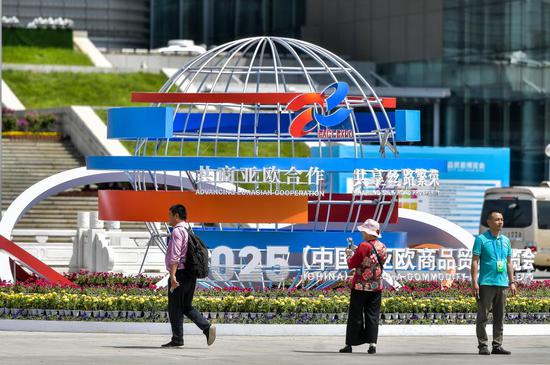




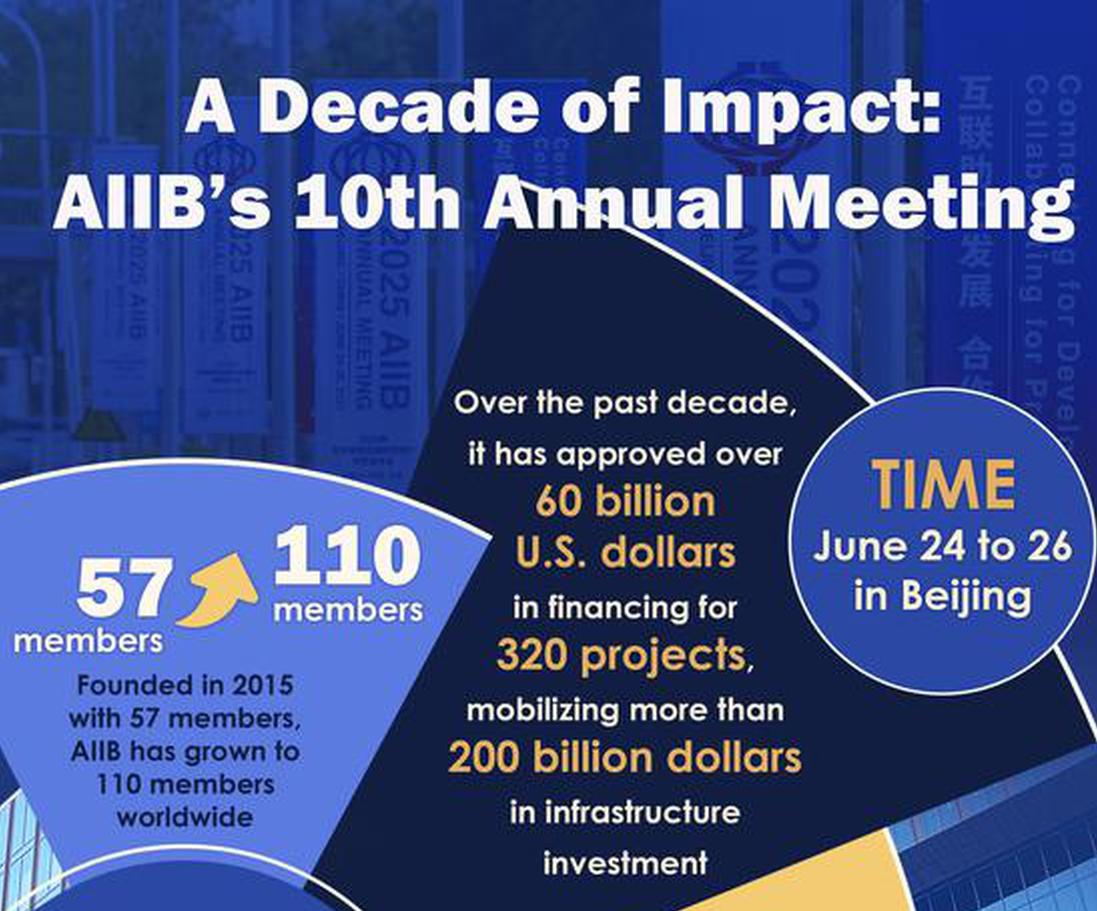
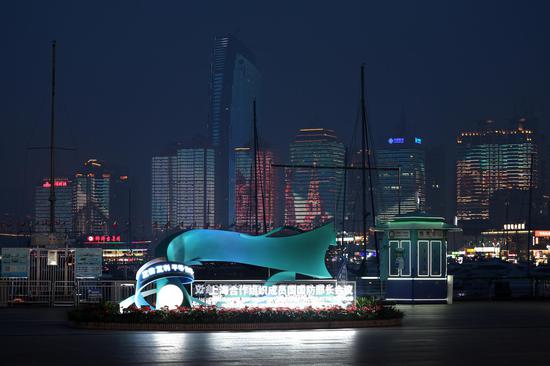


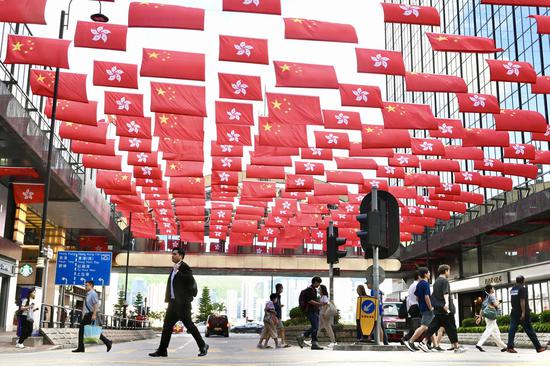




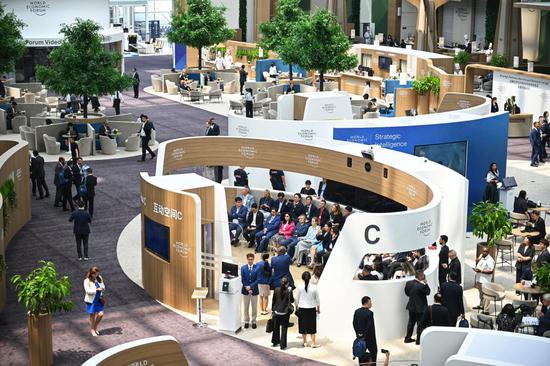





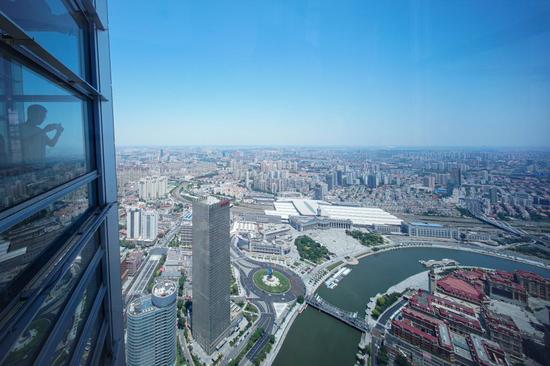



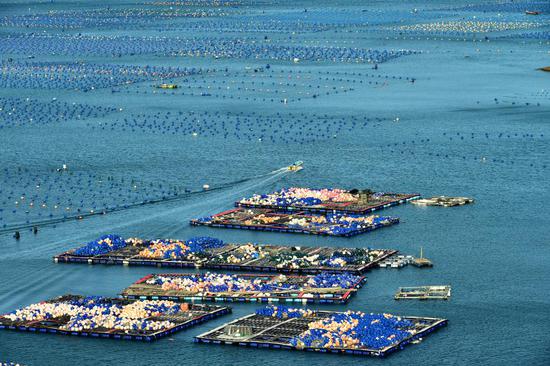


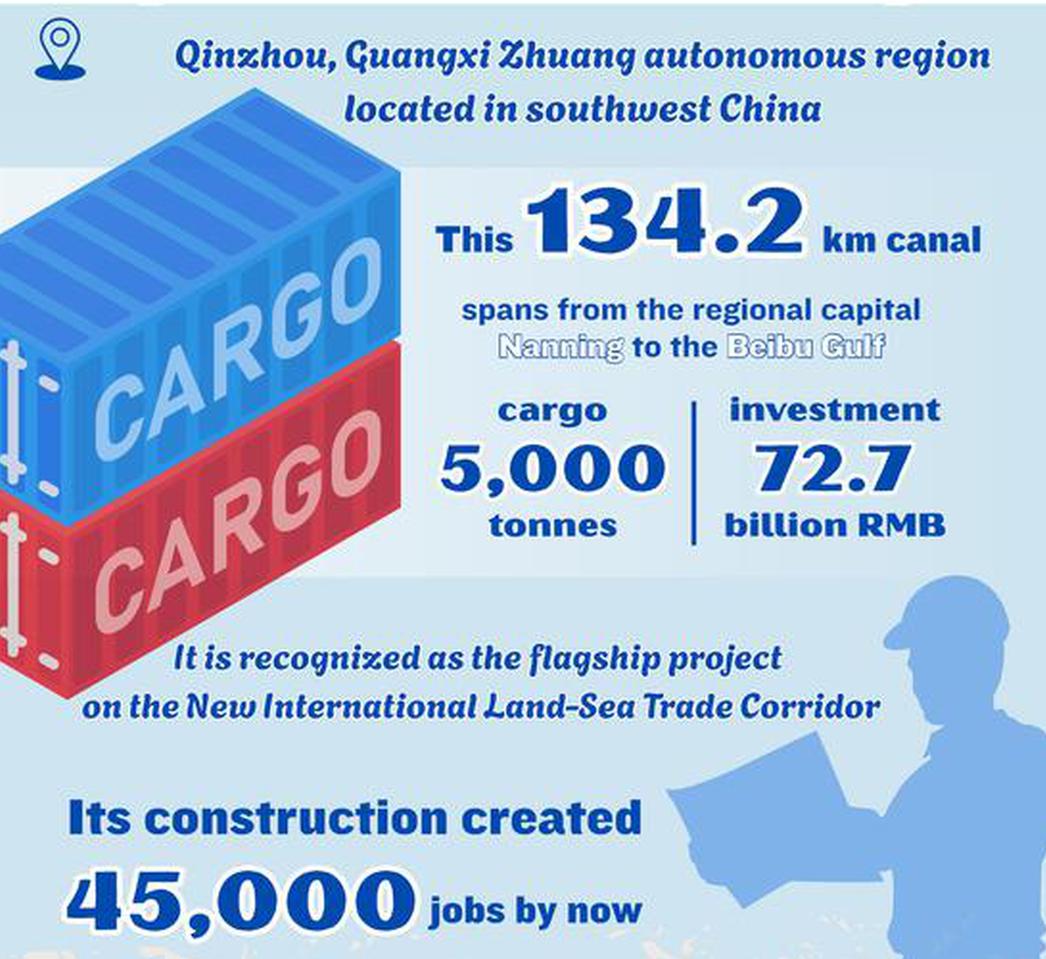



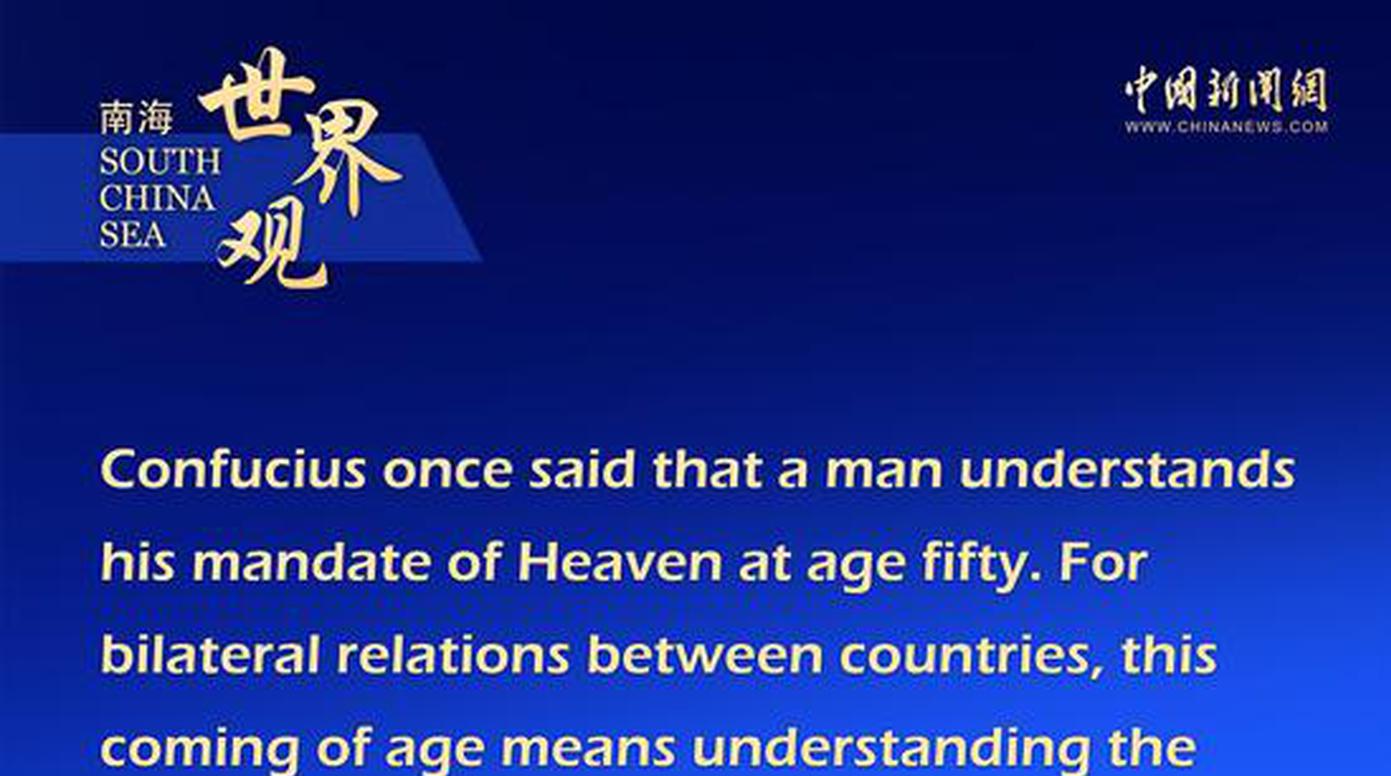
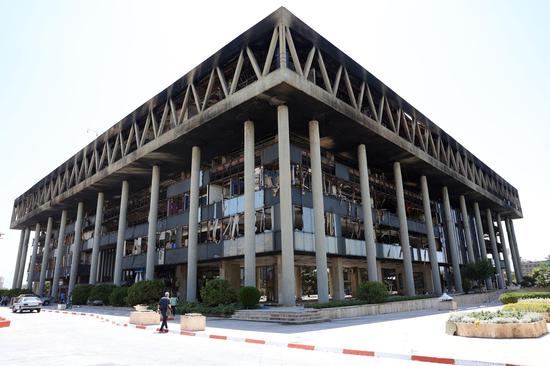




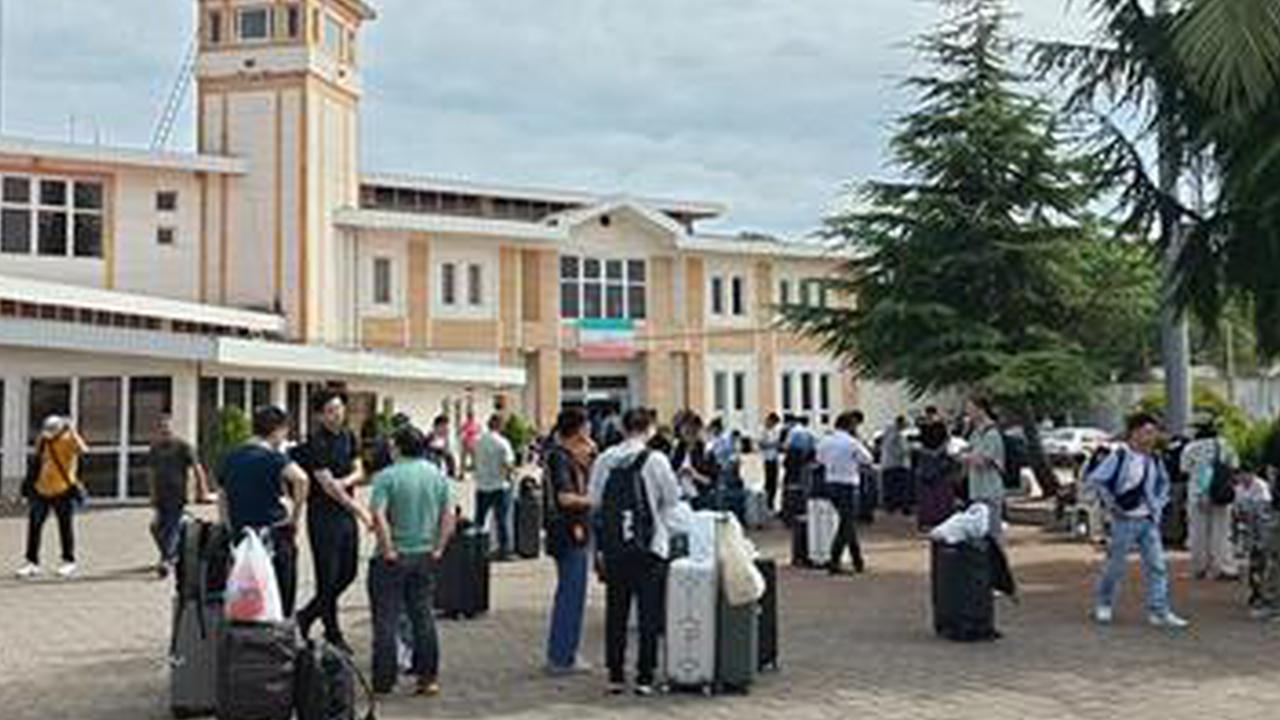



 京公網安備 11010202009201號
京公網安備 11010202009201號